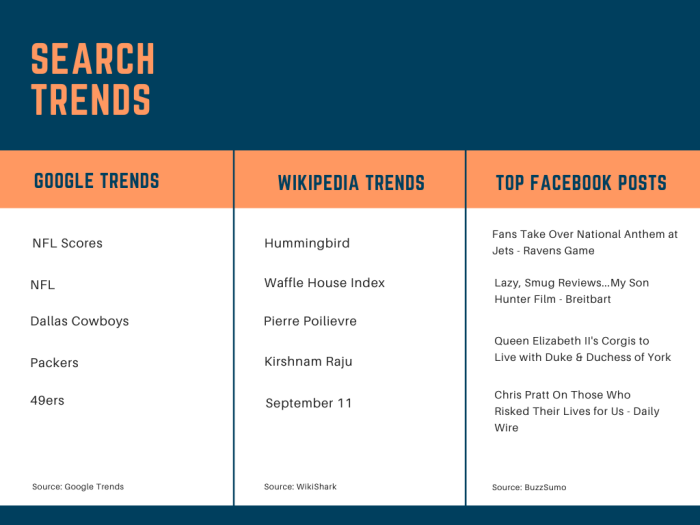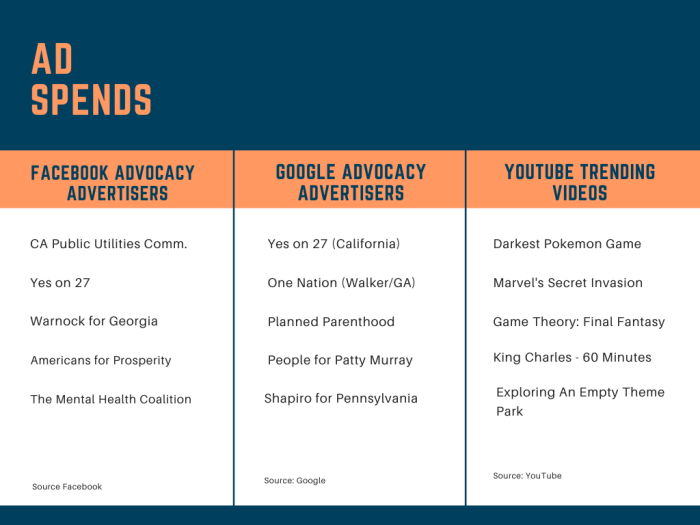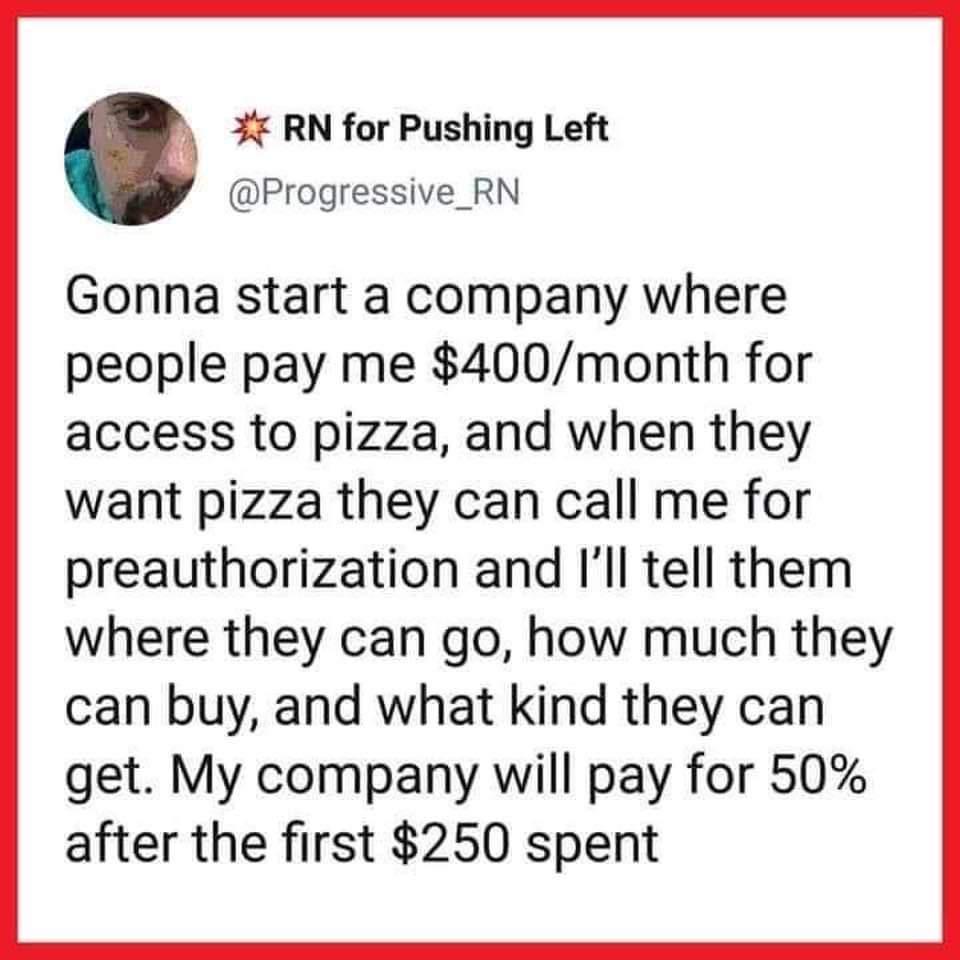Good Monday Morning
It’s September 26th. Happy New Year. Rosh Hashanah began yesterday and ends tomorrow at sundown local time.
Today’s Spotlight is 1,351 words — about 5 minutes to read.
News To Know Now
Quoted:“[Opening links in their own browser instead of the user’s browser] allows Meta to intercept, monitor and record its users’ interactions and communications with third parties, providing data to Meta that it aggregates, analyzes and uses to boost its advertising revenue.”
— Willis vs Meta Platforms, a suit seeking class action status that was first reported on by Bloomberg.
Driving the news: Global energy shake-ups due to Russia’s invasion of Ukraine and unrest throughout the weekend in Iran are exacerbating problems in an already troubled economy. Atlanta Fed President Raphael Bostic told CBS’ Face the Nation yesterday that the Fed is trying “to avoid deep, deep pain.”
Three Important Stories
1) The SEC fined Morgan Stanley $30 million last Tuesday in the penalty phase of a case it brought after the financial giant inadvertently sold nearly 5,000 devices that still contained client data. It’s important to note that Morgan Stanley outsourced this, but didn’t confirm the data was wiped.
2) London police working with the FBI announced the arrest of a 17-year-old in connection with hacks of Uber and software company Rockstar, the maker of the popular Grand Theft Auto series. Police officials are not releasing any additional information because the suspect is a minor.
3) Google is making it even easier for individuals to remove their personal data from the search engine’s results. After years of requiring people to directly contact the website posting the data, Google has introduced a new Android feature that streamlines the process of removing data. See it in action at 9 to 5 Google, which broke the news.
Trends & Spends


Spotlight Explainer — AI Art
The concept of automated art in any form–image, music, or writing–is still foreign to most people. If a software program is trained by incorporating billions of lessons and then provides some form of art by reassembling them, isn’t that just reorganizing the material from the lessons? Or put another way, when does creativity start? After all, most Western music scales only have twelve notes. How they’re assembled and played dictates whether the music is classical, hip-hop, or something else.
No country or entity is remotely close to solving the issue of who or what creates the art product, who owns the art, and whether it should be subject to some non-recognized status when compared with art created by humans.
Creating Images Using Only Words
The words used to create images using modern systems are called prompts. They can range from a few words to extremely complex paragraphs with multiple instructions. There are hundreds of sites offering prompts. I used one on my work computer that I found on Metaverse Post. The prompt was: “portrait photo of a asia old warrior chief, tribal panther make up, blue on red, side profile, looking away, serious eyes, 50mm portrait photography, hard rim lighting photography–beta –ar 2:3”
I had four examples after only a minute or two. Here’s the one I thought looked best.

Here is the same prompt processed by a more advanced program.

And now the questions begin anew. Who owns the rights? How can we ever hope to trust an image again? This isn’t old school airbrushing or Photoshop manipulation. It’s something entirely new.
Getty Images Bans AI Generated Content
Publicly-traded Getty Images houses about five hundred million images and has just banned users from uploading and selling AI-generated images. The company cites the notion that data scraping, a legal activity in the U.S., may not provide as much legal protection for the company when an artist’s work or style has been copied and then used to derive a new work.
OpenAI to Allow Photo Uploads
Dall-E 2’s owner OpenAI announced last Wednesday that it will allow users of its AI art software to begin uploading photos that show real people with that person’s consent. The organization, which also created the groundbreaking GPT-3 text model, said that users were clamoring for the ability to use the system to create new looks for themselves or edit family photos. The company also quoted a reconstructive surgeon who told OpenAI that he used the system to help patients understand what their surgical results might look like.
US Copyright Office Allows Registration
We also learned last week that a graphic novel called Zarya of the Dawn has been granted a copyright by the U.S. Copyright Office despite the main character’s “uncanny resemblance” to actress Zendaya. The agency had previously said that AI software may not be cited as the author of art generated by software.
Garbage In, What Comes Out?
A brand new article by Vice describes how they were able to use a new lookup tool to determine that some AI art software including Google’s unreleased Imagen and AI Stable Diffusion were trained on a 5 billion image data set scraped from the internet that includes images from nonconsensual pornography and executions carried out by the ISIS terror group. That type of contaminated data is what has caused text-based AI projects to output misogynistic and racist text.
For now, organizations are warning users in a fashion similar to OpenAI’s GPT-3 disclaimer that reads in part, “Internet-trained models have internet-scale problems.”
Google says it won’t be releasing Imagen publicly and other companies insist that they are slowly rolling out their products although I already have access to two separate ones so the scope isn’t very limited.
One Cheerful Thought About Darth Vader
Actor James Earl Jones, 91, gave Disney his blessing last week to use software that mimics his voice so that the Disney+ show Obi-Wan Kenobi and future Darth Vader appearances can keep the character’s original voice.
Did That Really Happen? — Doctored Video of Biden Circulating
A video of President Biden exiting the stage at the United Nations and then turning and going back to the stage is doctored, according to a Newsweek fact check. Missing from the clip, but visible on U.N. and C-SPAN video, are the president pausing on the steps for a photo and then turning back when the next speaker addressed him by name multiple times. Biden apparently hovered near the stage’s steps rather than exiting while the next speaker addressed him.
Following Up — TikTok Bans Political Fundraising Ads
Just one week after we wrote about how internet platforms intend to deal with the upcoming midterm elections, TikTok announced that it is banning all political fundraising videos. The company also says that government and political accounts will be verified.
Protip — YouTube Launching Clip Feature
The long awaited YouTube function of sharing a clip from a video instead of the whole video or starting a video at a specific time, is finally here. Here is how you can start sending your own mini-videos.
Screening Room — Jeff Bridges’ Up the Antibodies
Science Fiction World — Visiting Mars
This stunning website aggregates images from Mars and let’s you trace the Rover’s journey. Stopping at the map markers lets you hear the sounds the machine made on its rounds.
Coffee Break — All The Cover Songs
No matter what your favorite song, the database at SecondHand Songs can tell you if there is a cover version–even if it was never officially released.
Most covered song: Silent Night
Most covered popular song: Summertime by the Gershwins
Most covered song rock era: Yesterday by The Beatles
Do your own searches and watch videos of the covers or listen via Spotify embeds.
Sign of the Times











